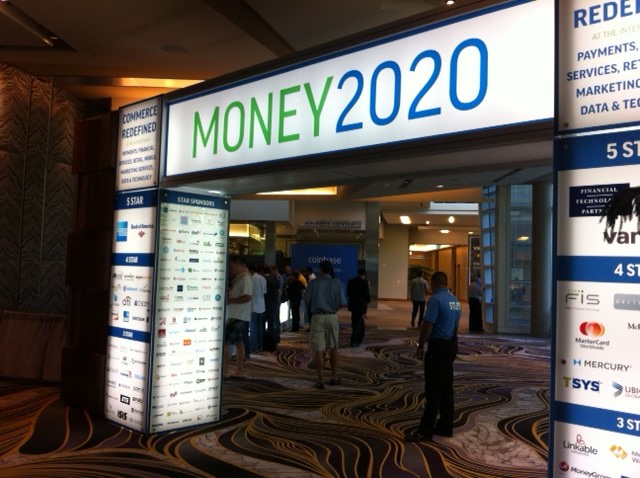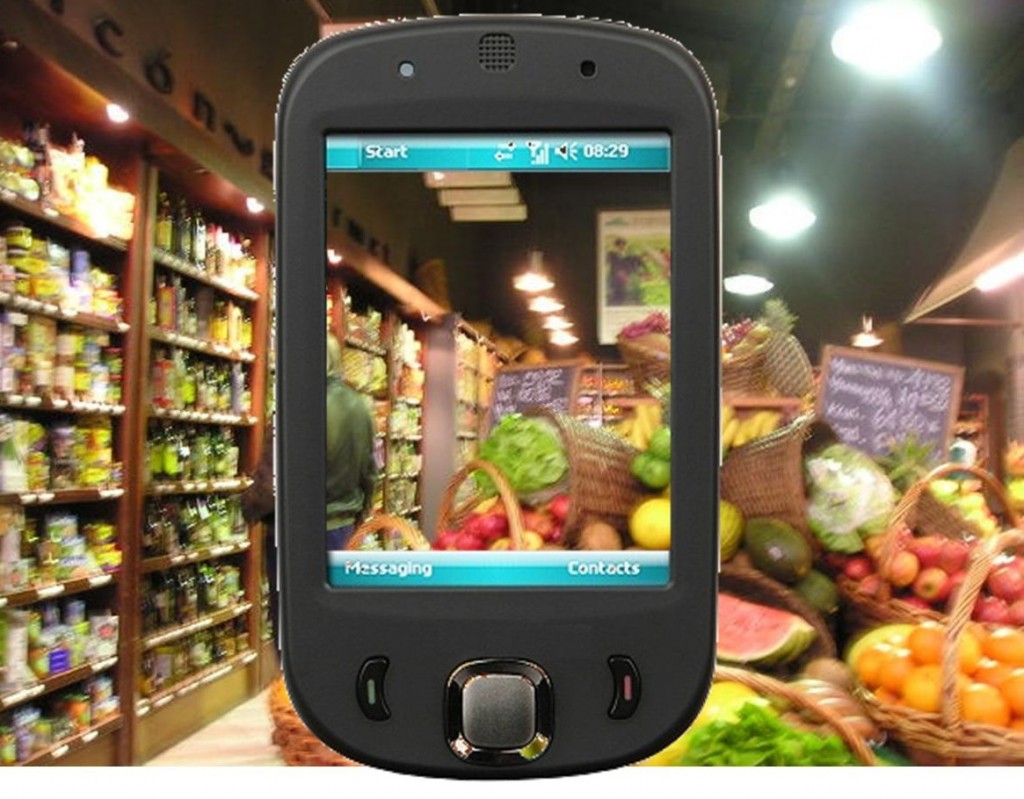The overall message from the first day at the Las Vegas event was that the United States is the hardest country for adoption.
The mobile payments message from the experts on the first day of the Money 2020 emerging financial services and transactions event was that the United States is the most difficult market to break into.
The reason given by the speakers was that each individual state has its own licensing issues and regulations.
John Muller, the PayPal general counsel and vice president, legal, compared the entry of mobile payments into the United States to trying to get started in fifty different countries.
Mobile payments are the next phase for PayPal after tremendous successes in traditional online transactions.
 According to Muller, PayPal innovations have allowed that company to stand out above the rest in traditional online payments, and the company intends to move forward with this type of original thought and strategy for successes in the smartphone sphere. Among the areas in which he stated that they stood out above the rest included:
According to Muller, PayPal innovations have allowed that company to stand out above the rest in traditional online payments, and the company intends to move forward with this type of original thought and strategy for successes in the smartphone sphere. Among the areas in which he stated that they stood out above the rest included:
• Conversion of ACH payments into realtime – converting Automated Clearing House (ACH) payments into realtime meant that they needed to make assure payment to the merchant even before PayPal, itself, had received the funds. This was a considerable risk on their part.
• Focus on transactions over payments – starting with eBay, PayPal made it easy for sellers to be able to offer a quick and simple place to complete a transaction with from buyers. They used Pay with PayPal and Buy Now options to fit the payment method inside the transaction itself.
• Provided sellers with a debit card – this was a PayPal branded card that was issued through a bank. This gave them the opportunity to offer a 1 percent cash back to sellers who used the card and, therefore, their PayPal accounts.
These first phase areas turned PayPal into a type of risk management based company. The second phase took four years and it required them to overcome issues such as fraud, in which phishing emails for tricking consumers into revealing their passwords became more commonplace. The worked with legitimate email providers – such as Google and Yahoo! – to weed out these fraudulent emails.
Now, after overcoming many barriers, Muller hesitantly revealed the following predictions for the future of alternative and mobile payments:
• New “crypto currency” based payment avenues that are not based on cards.
• A greater influence from small merchants regarding the leaders in this highly competitive market.
• Features such as loyalty programs, skip-the-line, and more, providing companies with considerable data, even at a time in which consumers hesitate to reveal their personal information.
Muller’s opinion is that mobile payments and wallets are the future of the digital space, and recommends that companies offer both of these options as opposed to selecting a single platform.
Check back tomorrow at Mobile Commerce Press for the next latest announcements from Money 2020 in Las Vegas.

 Retailer to expand availability of mobile payments app
Retailer to expand availability of mobile payments app